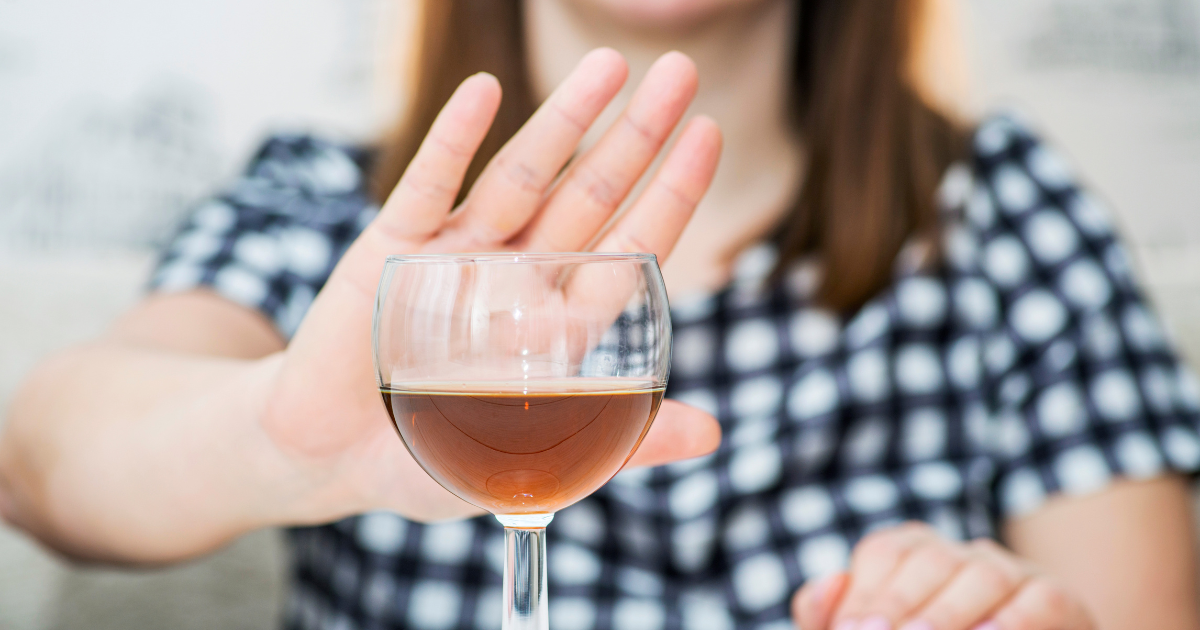Predictive Research Shows Teen Drinking leads to Substance Abuse
New research suggests that a significant amount of young people in America drink alcohol alone and, as a result, are at risk of developing an alcohol use disorder (AUD) later in life. Researchers at Carnegie Mellon University conducted a 17-year study to identify whether adolescents (researchers used 18-year-old subjects) and young adults (ages 23 and 24 for the purpose of the study) who drank alone could be used to predict excessive alcohol use and the development of AUD later in life. The results of the study found that adolescents who drink alone are more at risk of binge drinking as young adults and developing AUD symptoms at the age of 35. About 25% of adolescents and 40% of young adults reported drinking alone in the past year.
Although drinking at any age can lead to future alcohol use problems, the study determined that the odds of showing AUD symptoms at age 35 were 35% higher for adolescents who drank alone, and 60% higher for young adults versus young people who only drank in group settings. Researchers surveyed nearly 4,500 high school seniors, referred to as 18-year-old adolescents, who answered questions about their alcohol use and if they drank alone. The survey respondents were then followed for 17 years, answering questions about drinking alone as young adults and then reporting AUD symptoms at age 35. Adolescent females who drank alone were found to be at an increased risk of developing AUD symptoms later in life versus male respondents.

Studies show that young people who drink alone are at a greater risk of developing alcohol use disorder in their mid-30s than those who only drink in social settings.
Why do Young People Drink Alone?
Researchers believe that understanding the social context of drinking alone is key to preventing the development of alcohol addiction. Most young people who drink alcohol do so in group social settings. However, for the subgroup that drinks alone, the activity is a “unique and robust risk factor for future alcohol use disorder,” said Kasey Creswell, associate professor of psychology at CMU and lead author of the study.
Creswell also authored a 2013 study explaining why young people might drink alone. For many teenagers, drinking alone can be a sign or “red flag” that they’re using alcohol to cope with negative emotions experienced in social settings. Compared to teenagers who only drank in social settings, Creswell and the researchers found that young people who drank alone did so to deal with loneliness, a bad mood or after a fight with a friend, for example.
In many of these scenarios, teens who “self-medicate” with alcohol are heavier drinkers and more likely to develop AUD symptoms in adulthood. This behavior could warrant the need for early intervention from parents and medical professionals to help prevent future alcohol addiction.
Early Intervention for Underage Drinking
Even though the legal drinking age is set at 21, evidence points to the fact that most young people start drinking alcohol before that. Whether they’re experimenting, trying to fit in with their peers or coping with negative emotions, it’s important for parents and loved ones to help children understand the risks of underage drinking.
As the previous studies have revealed, teens who drink alcohol in any setting have a greater risk of experiencing negative social and health consequences later in life. If you have teenage children or a loved one who could benefit from a conversation about this topic, we wrote a blog post about how parents can prevent underage drinking.
Learn More
If you or a loved one is struggling with alcohol or drugs, call Landmark Recovery at 888-448-0302 to connect with a recovery specialist. We’ll answer your questions about alcohol-related problems, treatment options and the admissions process.
Visit our locations page to see a full list of addiction treatment centers in your area.

Choose Recovery Over Addiction
We're here 24/7 to help you get the care you need to live life on your terms, without drugs or alcohol. Talk to our recovery specialists today and learn about our integrated treatment programs.




